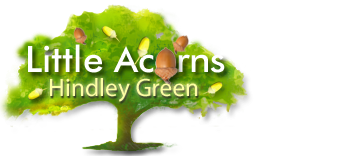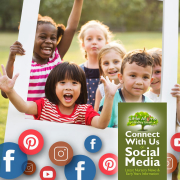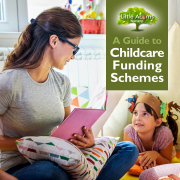Parents: How to Boost Your Child’s Success
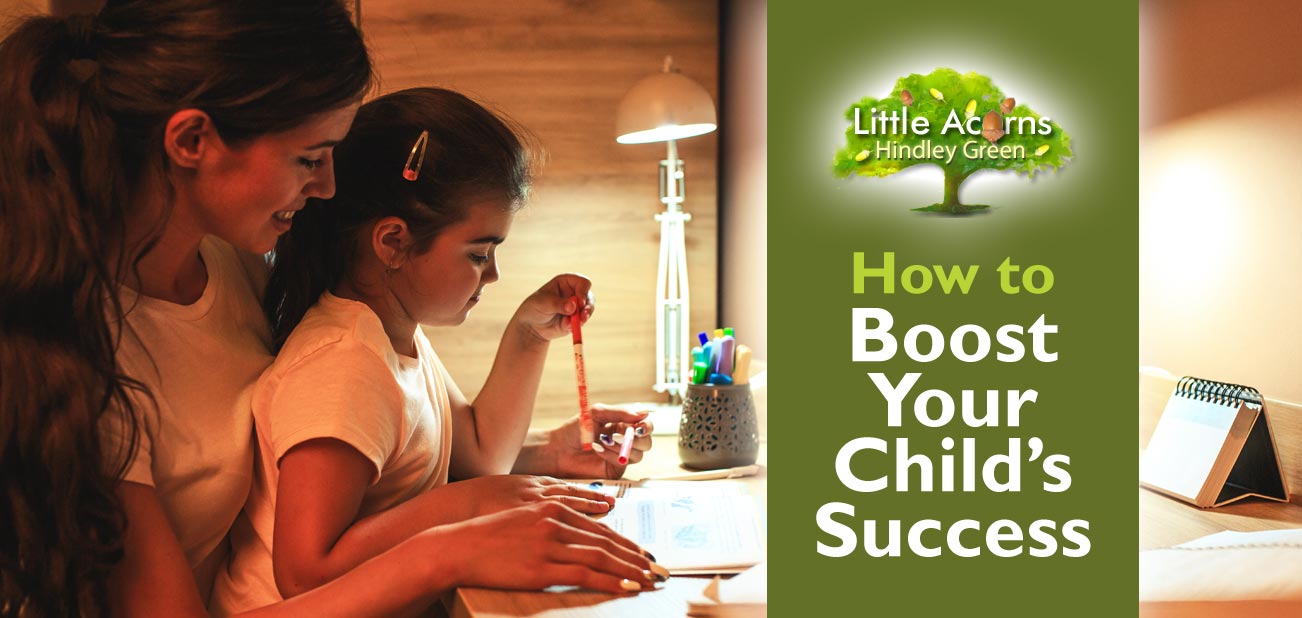
Did you know that children are significantly more successful if their parents* are actively involved in their education? It’s proven too; study after study concludes that parental involvement in a child’s education boosts their achievements and outcomes enormously.  What’s more, the boost in the child’s success is clear to see at all stages — in the short term, medium term and long term — right into adulthood. When parents are actively involved in a child’s education, that child will do better at nursery and pre-school, achieve better grades at school and go on to have more success in higher education and, ultimately, in their careers. It’s incredible, therefore, just how powerful proactive parental involvement in a child’s education can be. Let’s take a closer look at the findings.
What’s more, the boost in the child’s success is clear to see at all stages — in the short term, medium term and long term — right into adulthood. When parents are actively involved in a child’s education, that child will do better at nursery and pre-school, achieve better grades at school and go on to have more success in higher education and, ultimately, in their careers. It’s incredible, therefore, just how powerful proactive parental involvement in a child’s education can be. Let’s take a closer look at the findings.
What Did the Studies Say About Parental Involvement in Education?
There have been many studies into the role of parents in children’s education and they reach the same kinds of conclusions. We highlight some of the key findings to illustrate the point:
“Students with … parents operating in supportive roles are 52% more likely to enjoy school and get straight A’s than students whose parents are disengaged with what’s going on at school. This is especially the case during the earliest years of schooling, in Kindergarten through the 5th grade, when students with active parents are almost twice as likely to succeed.” (Pinantoan 2013)
“During the earliest years of schooling […] students with active parents are almost twice as likely to succeed.”
“The most effective forms of parent involvement are those which engage parents in working directly with their children on learning activities at home.”
“Family involvement in education helps children to grow up to be productive, responsible members of the society.”
“Parents’ involvement in their child’s learning process offers many opportunities for success [including] improvements on child’s morale, attitude, … academic achievement across all subject areas … it also promotes better behaviour and social adjustment”
“The importance of [the] support system that a student gets from home is equally important as his brain power, work ethics and genetics, which all work in the accomplishment of his goal in life.”
“We found that schools would need to increase per-pupil spending by more than $1,000 in order to achieve the same results that are gained with parental involvement.”
So, How Can Parents Get Involved in a Child’s Education?
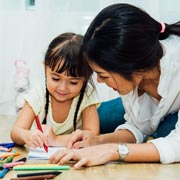 The studies conclude that parents can help children — and boost their potential for success — in several impactful ways. We have picked out a few of the most powerful and easy-to-accomplish ways below.
The studies conclude that parents can help children — and boost their potential for success — in several impactful ways. We have picked out a few of the most powerful and easy-to-accomplish ways below.
“The most accurate predictor of a student’s achievement in school is not income or social status, but the extent to which that student’s family is able to: (1) Create a home environment that encourages learning; (2) Express high (but not unrealistic) expectations for their children’s achievement and future careers; and (3) Become involved in their children’s education” (Henderson and Berla, 1994)
Parents can help children thrive by assisting with their learning at home. This may take the shape of reading with them, helping them with homework, encouraging learning through everyday activities (e.g. counting, using phonics and letters, problem-solving etc.) and so on. This activity is, on its own, extremely powerful.
According to studies, reading with your under-five child can boost their language skills by a staggering 20%.
 To illustrate that point, just reading with them regularly can boost their language skills by a staggering 20% (we’ll write a separate post about the benefits of reading with children in due course).
To illustrate that point, just reading with them regularly can boost their language skills by a staggering 20% (we’ll write a separate post about the benefits of reading with children in due course).
“It has been proven time and time again that parents who invest time and place value on their children’s education will have children who are more successful” (Meador, 2010)
Parents can really help to enhance children’s educations through two-way communication with the child’s nursery, pre-school, school or other education setting. Through collaboration and regular communication, parents and education professionals, including childcare practitioners, can all ensure they are supporting the child in the best possible way. For example, through appropriate focus on any areas of strength or weakness that have been identified. In this ‘joined-up’ way, children can achieve personal bests in every topic.
The fostering of closer links between parents and education settings will generally improve the success of children still further. Parents get more involved with the child’s education setting (nursery, school etc.) even more closely if they regularly visit and chat with staff, or even volunteer from time to time. If they go a step further and become trustees or sit on the board or equivalent, they can then get actively involved in the actual decision-making process. This could positively impact what and how their own child studies.
“When parents come to school regularly, it reinforces the view in the child’s mind that school and home are connected and that school is an integral part of the whole family’s life.” (Mapp K. and Henderson A. 2002)
The EYFS Agrees & So Do We
 This is all backed up by the Early Years Foundation Stage (EYFS) framework that Ofsted-registered childcare services like Little Acorns adhere to. The EYFS actively encourages parental involvement, two-way communication and cooperation between childcare settings and parents. That’s simply because it works. Children will do better and achieve more throughout their lives using this parallel, cooperative approach, starting in their early years. That’s one of the reasons we also keep a progress journal for every child, which both parents and childcare practitioners have access to.
This is all backed up by the Early Years Foundation Stage (EYFS) framework that Ofsted-registered childcare services like Little Acorns adhere to. The EYFS actively encourages parental involvement, two-way communication and cooperation between childcare settings and parents. That’s simply because it works. Children will do better and achieve more throughout their lives using this parallel, cooperative approach, starting in their early years. That’s one of the reasons we also keep a progress journal for every child, which both parents and childcare practitioners have access to.
We’re keen to work with our parents for the overall good and success of their children. By working together, we can identify both stronger and weaker areas in their children’s learning and development. This will allow us, jointly, to use joined-up strategies that will support their child both at the nursery/pre-school and while at home. In this way, the child’s strengths are further enhanced and any weaker areas are strengthened so that, ultimately, they’re no longer weaknesses. With this holistic approach, children will absolutely thrive, achieve personal bests in every area and be school-ready by the time they leave us to begin school. With such positive foundations, they will hit the ground running and be set for success.
Little Acorns Nursery, Hindley Green, near Wigan
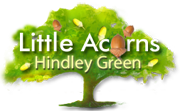
Little Acorns is a wonderful nursery & pre-school in Hindley Green and, with other National award-winning nurseries under the same management, we aim for it to be the very best in the area. We are located near to Wigan, Bickershaw, Leigh, Atherton, Westhoughton, Ince-in-Makerfield, Platt Bridge, Tyldesley, Bolton and Greater Manchester, so may appeal to anyone nearby if they want the very best start for their child. If you’re interested in a possible nursery/pre-school place here, we’d love to show you and your little one around and to answer any questions that you may have. We can also help to clarify the many childcare funding options that we support at the nursery, so please do get in touch. You can register your child for a place, book a guided visit or simply get in touch using the buttons below.
* We use the term ‘parents’ for the sake of brevity. In the context of this article, it is also a placeholder for carers or guardians of children.
